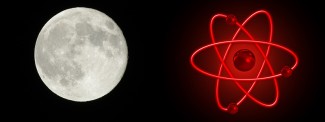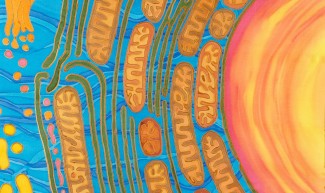In our representation of the world, how do we link an electron and the moon ? Through analogical reasoning ! Both gravitate around a nucleus or around earth. Analogical reasoning is a thinking process enabling us to notice a similarity between two separate things. It also enables us to match a previous situation with a new similar situation.
Emmanuelle Volle, from Bruno Dubois and Richard Lévy's team has shown through new analogical reasoning tasks, carried out in patients with brain injuries, that analogical reasoning was based on the integrity of the upfront area of the left prefrontal cortex and its anatomical connections. This brain network would match and integrate the required dimensions to form an analogy.
These results shed new light on the brain network involved in the creation of new concepts and in the connection of knowledge, seemingly without any real connection with each other.
Moreover, new analogical reasoning tests open the way for a new unprecedented mode to assess the effects of frontal lesions in neurology and might therefore serve as a diagnostic tool.
Sources
https://academic.oup.com/brain/article/139/6/1783/1753948
Urbanski M. et al. Brain, 2016.







